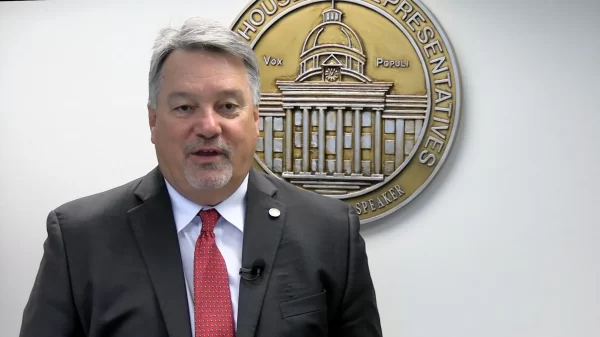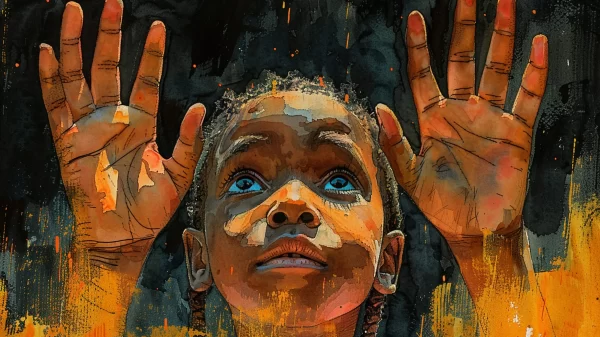By Chip Brownlee
Alabama Political Reporter
More than 84,000 children who get their health insurance through Alabama’s ALL Kids children’s health insurance program will be able to keep their health insurance coverage for a few more months.
Congress left Washington this week after appropriating just enough money for the Children’s Health Insurance Program, or CHIP, to continue functioning through March, choosing to put off long-term financing of the program until next year. ALL Kids, which relies fully on that federal funding, had planned to begin canceling children’s health coverage on February 1 if Congress couldn’t approve funding.
ALL Kids officials will no longer send out notices on December 26 as previously planned. The notices would have informed families that their child’s insurance would end on February 1. Alabama CHIP director, Cathy Caldwell, said the state had also planned to freeze enrollment on January 1. That won’t happen either, at least for now.
“It’s wonderful news that their insurance won’t terminate. But to have to put families through the stress of uncertainty is disappointing,” Caldwell told the Alabama Political Reporter. “It’s still very, very stressful. I hope we won’t have to go through this again in another month.”
While pushing for Obamacare repeal and tax cuts, the Republican-led Congress failed to reauthorize the program in September, but states like Alabama were able to keep their programs running through windfalls, grants and allotments derived from unspent money allocated by the federal Centers for Medicare and Medicaid Services, or CMS.
On Thursday, Congress included temporary funding for CHIP in a last-minute spending bill that was needed to avert a government shutdown. The continuing resolution — in addition to funding the government through January — injects nearly $3 billion into CHIP, hopefully enough to last until March.
But Caldwell is concerned that the band-aid fix will cause more uncertainty and may only delay, by a few weeks, an impending point when Alabama would exhaust its available funding. The patch may only solve the issue through February, and ALL Kids is still sitting on its contingency plans.
“From what preliminary discussions we’ve had with CMS, it looks like this will mean three to four weeks of funding so we really need Congress to act in January or we’ll be doing this all over again,” she said.
Republicans and Democrats hoped to pass a long-term, 5-year renewal of the near-universally popular program, but the two parties diverged on how to pay for the extension. Democrats were unwilling to support the Republican plan, which called for cuts to public health programs established under the Affordable Care Act and would have raised costs for some Medicare beneficiaries.
At a cost of about $15 billion annually, CHIP provides health insurance to about 9 million low- and moderate-income children whose parents typically make too much to qualify for Medicaid but not enough to afford needed health coverage.
According to some analyses, including one from Georgetown University Health Policy Institute, some 1.9 million children were at risk of losing their insurance in January because Congress wouldn’t fund the program. In Alabama, 7,000 children would not have been able to renew their coverage once enrollment was frozen. The remainder of the 84,000 ALL Kids enrollees would have had their coverage canceled by February.
Even with the funding, Congress will have to address the program again when it gets back from Christmas recess. Other hot-button issues on its agenda include raising the debt ceiling, defense spending levels and DACA, a program that protects from deportation undocumented immigrants who came to the U.S. as children.
The volatility of funding is hurting the program’s credibility, Caldwell said.
“I would certainly think it’s hurting the program,” she said. “It’s stressful for families. It’s making it very difficult to manage the program from a resource perspective, scheduling perspective.”















































